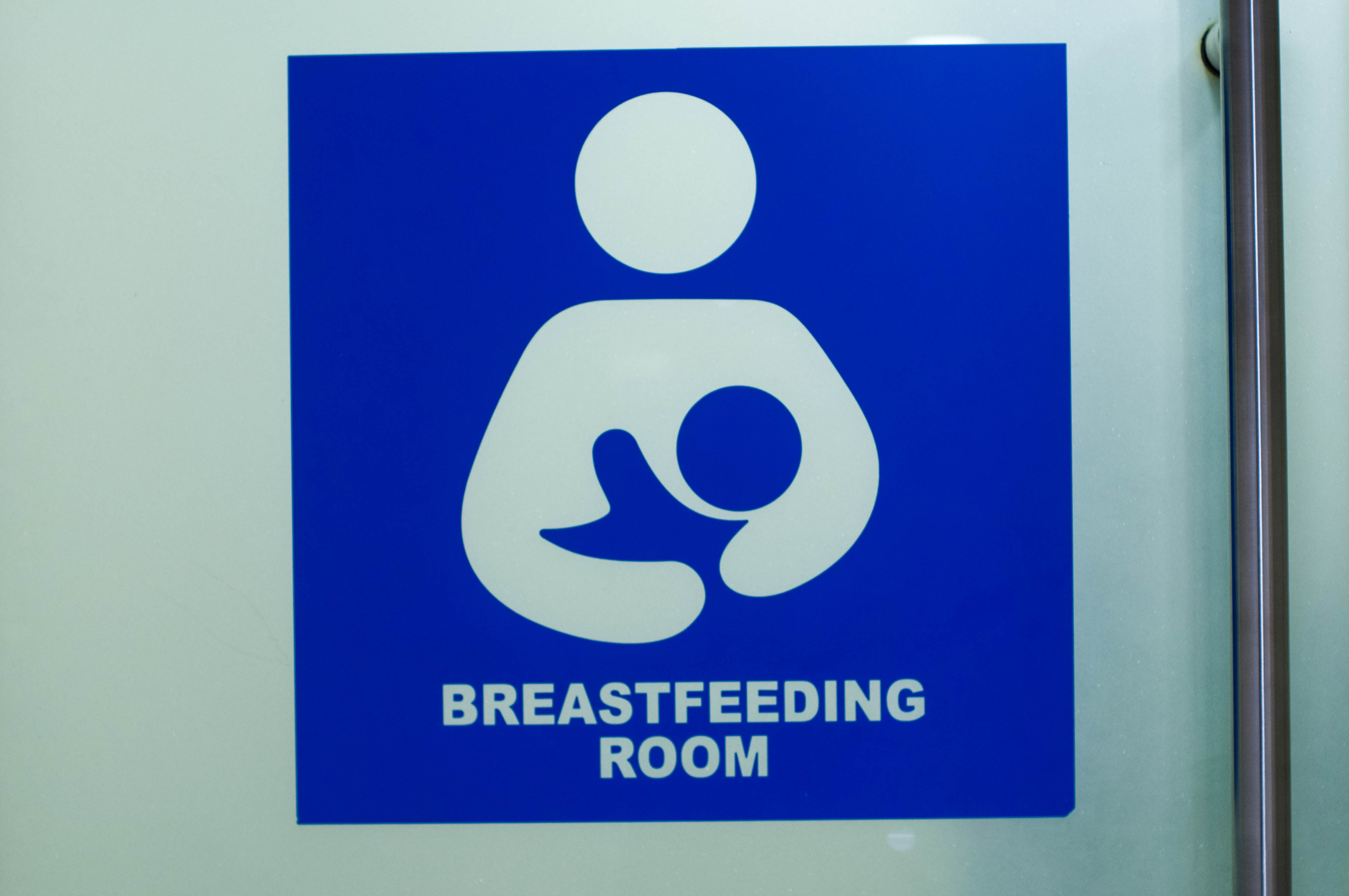New Federal Laws Enacted Through Consolidated Appropriations Act of 2023 Strengthen Workplace Protections for Pregnant and Nursing Employees

By: Joseph McGuire
The Pregnant Workers Fairness Act (PWFA) and the Providing Urgent Maternal Protections for Nursing Mothers Act (PUMP for Nursing Mothers Act) were enacted through the Consolidated Appropriations Act of 2023. Together, these two Acts establish enhanced protections for childrearing employees and impose additional obligations on employers.
The PWFA goes into effect on June 27, 2023, and mandates that employers with at least 15 employees provide reasonable accommodations for the known, temporary limitations of an employee or job applicant caused by pregnancy, childbirth, or related medical conditions. The operative provisions of the PWFA closely mirror those of the Americans with Disabilities Act (ADA). For example, the PWFA adopts “reasonable accommodation” and the “undue hardship” exception as those terms are understood under the ADA. Likewise, the PWFA calls for the employer to engage in the familiar interactive process for determining an appropriate accommodation once an employee requests a reasonable accommodation to perform the essential functions of their job. Finally, the PWFA establishes a limitation on damages when an employer can demonstrate that it put forth a good faith effort in consultation with the qualified employee to identify an alternative reasonable accommodation that would not cause an undue hardship.
The PWFA distinguishes itself from the ADA by expressly requiring that employers provide reasonable accommodations for the temporary mental and physical limitations of an employee arising from pregnancy, childbirth, or related medical conditions, regardless of whether such limitations amount to a “disability” under the ADA. This is noteworthy because pregnancy itself is generally not considered a “disability” within the meaning of the ADA. As a final note, the PWFA does not preempt any federal, state, or local laws that provide greater or equal protection for individuals affected by pregnancy, childbirth, or related medical conditions.
The PUMP for Nursing Mothers Act expands upon a previous amendment to the Fair Labor Standards Act (FLSA) that requires employers to provide eligible employees with reasonable break time to express breast milk and a clean, private place, other than a bathroom, in which to do so for one year after the birth of a child. Under the previous amendment to the FLSA, entitlement to lactation break time and space extended only to non-exempt employees. The PUMP for Nursing Mothers Act expands this entitlement to cover salaried employees and other types of workers not previously covered under the prior amendment to the FLSA. Crewmembers of air carriers are exempted from the requirements of this Act.
The PUMP for Nursing Mothers Act further clarifies that an employee must be compensated for time spent on lactation breaks only if: the employee is not completely relieved of duty during the break; the employee expresses milk during what would otherwise be paid break time; or compensation is otherwise required by federal, state, or local law. The Act further provides for, with some exceptions, a 10-day period for employers to comply with the law after notification from an employee that adequate space has not been provided. Finally, the Act maintains the “undue hardship” exemption from compliance for employers with fewer than 50 employees.
The expanding provisions of the PUMP for Nursing Mothers Act took effect upon its enactment in December 2022. Certain clarifications to the remedies provided for under the Act take effect on April 28, 2023, and the application of the Act’s requirements to rail carriers and motorcoach service operators is delayed for three years. The PUMP for Nursing Mothers Act does not preempt state or local laws that provide greater protections for nursing individuals.
Employers should strongly consider taking the following steps to ensure compliance with the requirements of the PWFA and PUMP for Nursing Mothers Act:
PWFA
- Ensure that any existing reasonable accommodation policies make clear that they apply to employees who are pregnant, have pregnancy-related conditions, or have recently given birth.
- Work diligently with eligible employees to identify appropriate reasonable accommodations before suggesting they take paid or unpaid leave.
PUMP for Nursing Mothers Act
- Ensure that any existing reasonable accommodation polices clearly state that they include reasonable break time for employees who need to express breast milk.
- Evaluate all facilities to ensure they include a place, other than a bathroom, that is adequately shielded from view and free from intrusion from coworkers and the public, and that the space is available to employees in need of a place to express breast milk.
For more information on the PWFA and PUMP for Nursing Mothers Act, contact the author of this post. You can also subscribe to this blog to receive email alerts when new posts go up.
